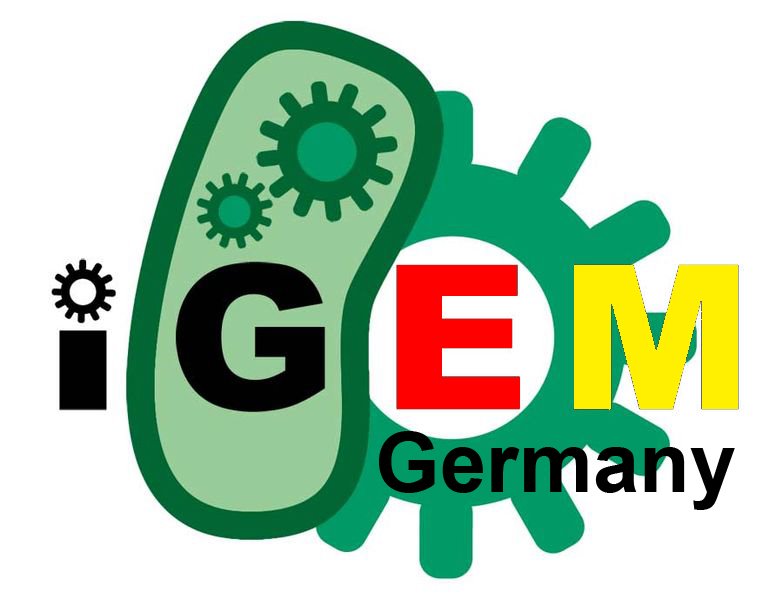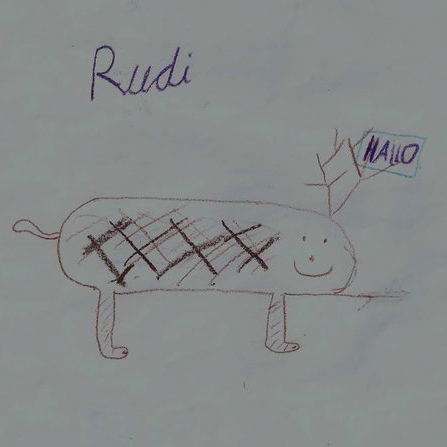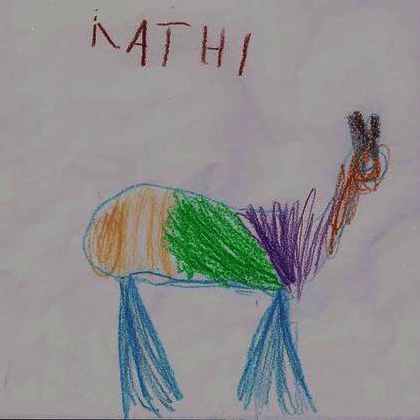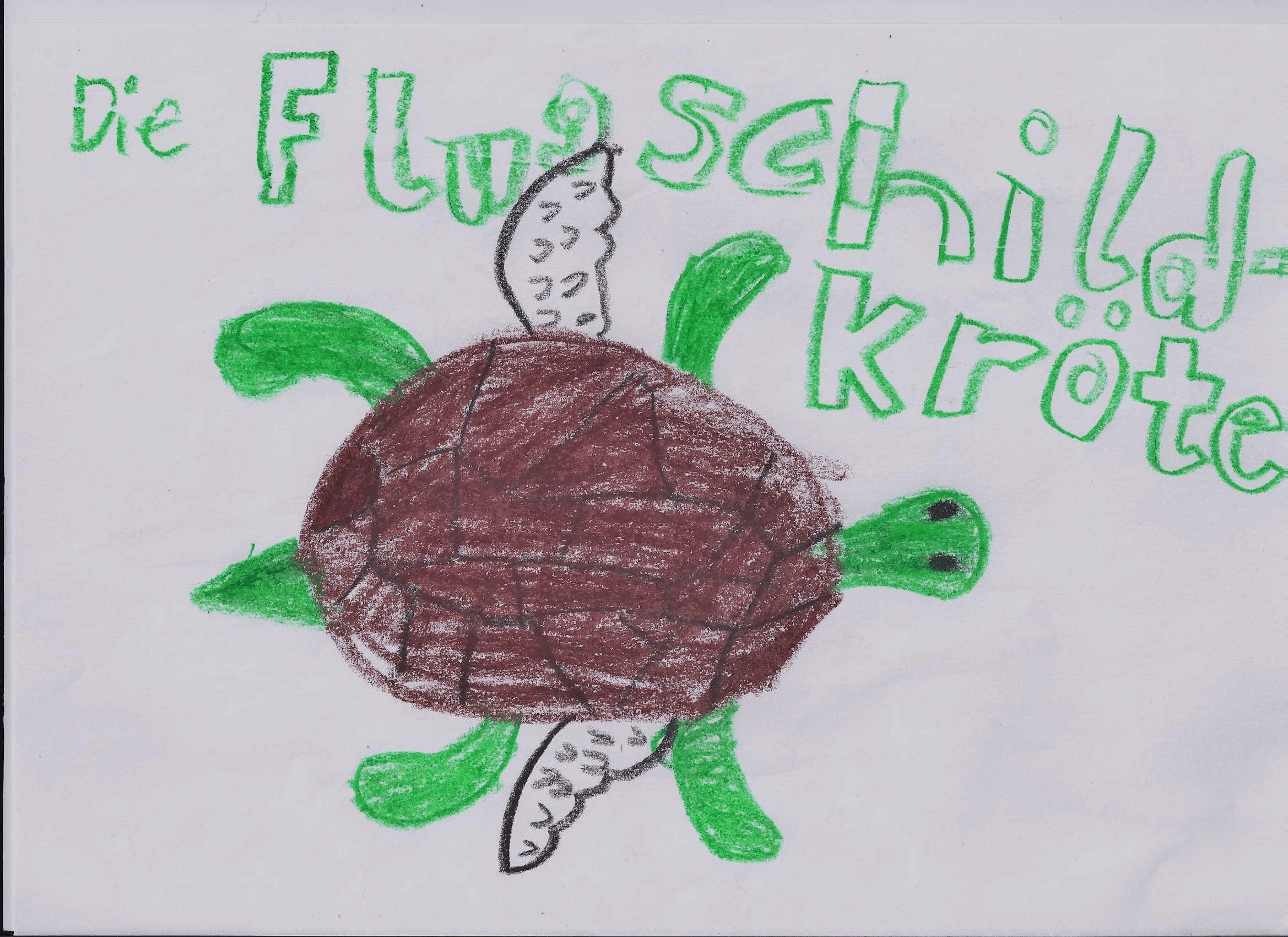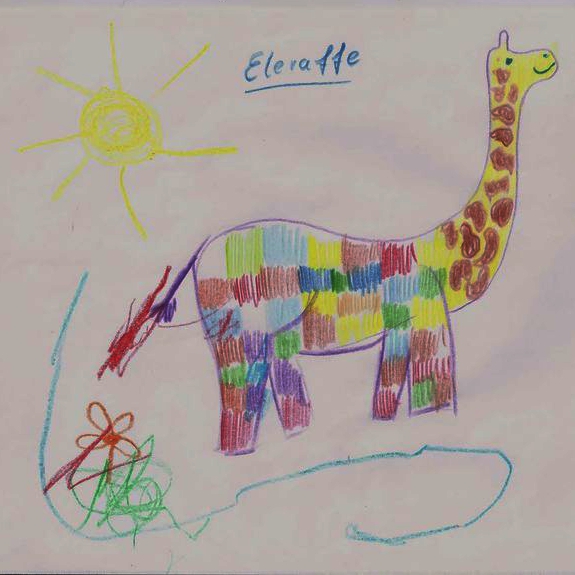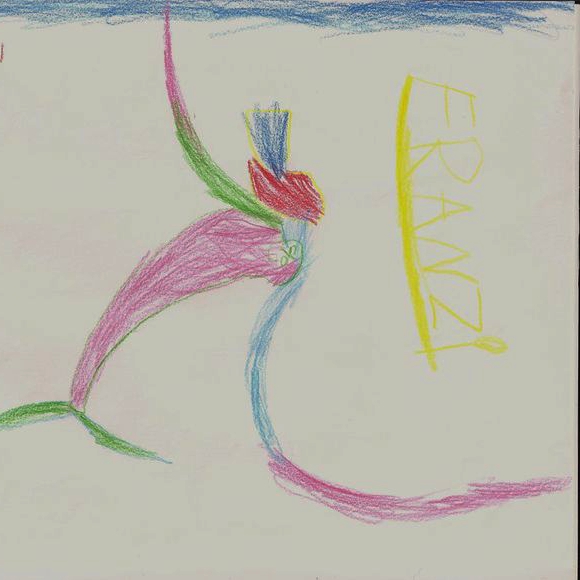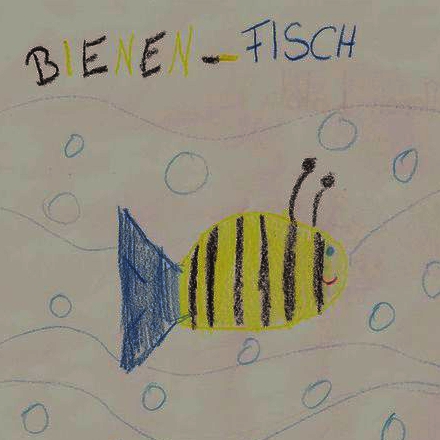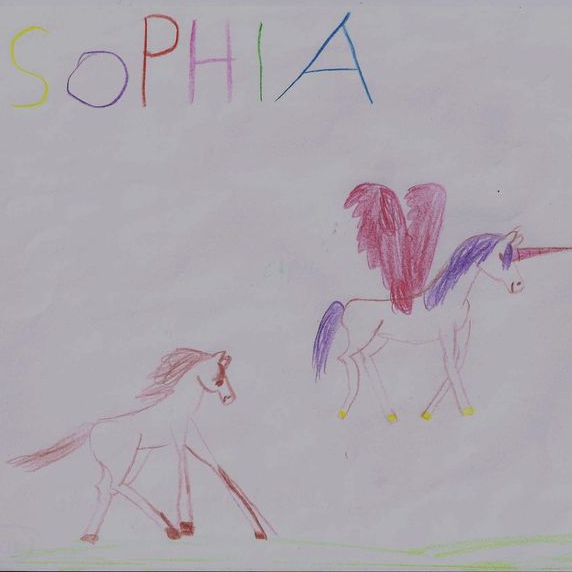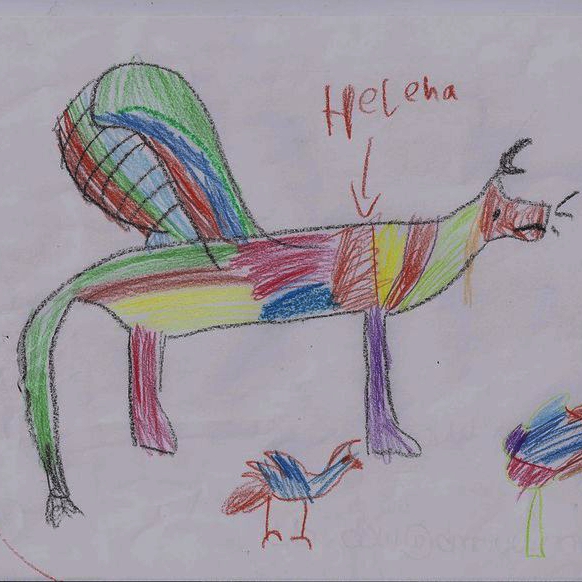Team:TU Munich/Human Practice/Information Day
From 2012.igem.org
Nadine1990 (Talk | contribs) (→iGEM Germany action day for synthetic biology) |
Nadine1990 (Talk | contribs) (→iGEM Germany action day for synthetic biology) |
||
| Line 7: | Line 7: | ||
====Background Information==== | ====Background Information==== | ||
| - | [[File:IGEM-Germany-logo.jpg|200px|thumb| | + | [[File:IGEM-Germany-logo.jpg|200px|thumb|right|alt text]] |
On the Conference in Berlin held by the Federal Ministry of Education and Research all German iGEM Teams agreed on an Action Day, Date: 25th of August. The idea behind this day was to raise awareness of the competition and Syntethic Biology all over the country. Our team wrote a press release for all other teams, explaining SynBio and the BioBrick principle. If you understand German you can read it further down on this side. | On the Conference in Berlin held by the Federal Ministry of Education and Research all German iGEM Teams agreed on an Action Day, Date: 25th of August. The idea behind this day was to raise awareness of the competition and Syntethic Biology all over the country. Our team wrote a press release for all other teams, explaining SynBio and the BioBrick principle. If you understand German you can read it further down on this side. | ||
On the 25th we had an information booth in the city center of Munich, directly at the Karlsplatz. We shared this booth with the other Munich iGEM team, the LMU. | On the 25th we had an information booth in the city center of Munich, directly at the Karlsplatz. We shared this booth with the other Munich iGEM team, the LMU. | ||
Revision as of 15:37, 17 September 2012



Contents |
iGEM Germany action day for synthetic biology
Background Information
On the Conference in Berlin held by the Federal Ministry of Education and Research all German iGEM Teams agreed on an Action Day, Date: 25th of August. The idea behind this day was to raise awareness of the competition and Syntethic Biology all over the country. Our team wrote a press release for all other teams, explaining SynBio and the BioBrick principle. If you understand German you can read it further down on this side. On the 25th we had an information booth in the city center of Munich, directly at the Karlsplatz. We shared this booth with the other Munich iGEM team, the LMU.
What we did
On our booth we had two booklets from the Federal Ministry of Education and Research. One with the title "Da ist Biotechnologie drin" (There is biotechnology inside)and "Weiße Biotechnology" (White biotechnology. Besides that our team also made a three pages booklet where the iGEM competition and the two project were presented and explained.Last but not least we had a Comic provided by the SCNAT (Swiss Academy of Science).For the kids we had Lego bricks to explain the idea behind standardized bricks. With this tool we raised the awareness of the kids and had something to explain it with easier. Last but not least we told them of our painting competition.
Conclusion
All in all the booth was a raving success. Our place directly at the beginning of the pedestrian area was great because a lot of people passed our booth. We stood there for four hours on a sunny day and it was never boring. Our project rose awareness rather easily, because the topic "beer" is a good starting point for a short discussion. The people know about it, it is comprehensible and therefore cathpenny. The oportunity to talk with one of us and let the children paint in the meantime was a convincing concept. We did our best and are convinced that almost everybody who talked with us on the 25th of August at least understood the concept of BioBricks and the analogy with the Lego Brick. All in all it was fun for us and the pedestrians, as you can see on our pictures.
Children painting contest illustrating synthetic biology
The idea behind the painting contest was to explain Synthetic Biology to kids in a rather simple way. It was explained that they can transfer a feature from one animal to another animal to create a completely new one. Then we had a short talk about our project and told them that we are doing exactly the same thing, but with smaller organisms and mostly features from plants. In the end there was a comparison between the features and a lego brick, so that it got clearer that really everything can be combined with everything with our competion. After that they got a lego brick as a present and started painting. To have an impulsion the kids could win 10 tickets to the "Tierpark Hellabrunn", the zoo in Munich.
The winning pictures were:
Press release in German
This is the press release which was used from all German iGEM Teams participating in the Action Day
Was LEGO Steine mit Biologie zu tun haben
Am 25.08.2012 laden die deutschen iGEM-Teams zum deutschlandweiten Aktionstag. In [Ort] informieren Studenten der [Universität] über Synthetische Biologie und den iGEM Wettbewerb. Wie in den vergangenen Jahren nehmen Studenten der [Universität] auch in diesem Jahr wieder an iGEM teil. iGEM steht für „international Genetically Engineered Machine competition“. Dieser internationale Wettbewerb im Bereich der Synthetischen Biologie wird seit 2003 jährlich am Massachusetts Institute of Technology in Cambridge (USA) ausgetragen. Über die Jahre hat sich iGEM zu einem der bedeutendsten internationalen Ereignisse auf dem rasch wachsenden Feld der Synthetischen Biologie entwickelt. Allein im letzten Jahr nahmen über 160 Studententeams aus der ganzen Welt an iGEM teil. Die Synthetische Biologie ist ein interdisziplinäres Forschungsgebiet, in dem die Fachbereiche Molekularbiologie, Chemie, Ingenieurwissenschaften, Biotechnologie und Informationstechnik verschmelzen. Ziel der Forschung ist die Entwicklung neuer, in der Natur nicht vorkommender, biologischer Systeme, die bestimmte Eigenschaften und Funktionen besitzen. Werden diese biologischen Systeme in einen Organismus eingebaut, verleihen sie ihm die gewünschten Eigenschaften. Der modulare Aufbau der neuen biologischen Systeme ist das Kernstück der Synthetischen Biologie und des iGEM Wettbewerbs. Die biologischen Systeme werden aus einzelnen genetischen Bausteinen, den sogenannten BioBricks. aufgebaut. Ähnlich wie LEGO Steine können die genetischen Bausteine miteinander zu neuen Kombinationen verknüpft werden. Für den iGEM Wettbewerb können die Studententeams aus der Registry of Standard Biological Parts, vergleichbar mit einer großen Kiste unterschiedlichster LEGO Steine, verschiedene BioBricks auswählen. Der Kreativität der Studenten sind dabei fast keine Grenzen gesetzt. Die Studententeams haben ein halbes Jahr Zeit, um mit Hilfe bestehender oder selbst entworfener BioBricks innovative Forschungsprojekte aus dem Themengebiet der Synthetischen Biologie umzusetzen. Die Wettbewerbsbeiträge sind ganz unterschiedlicher Natur. Während sich die einen mit Umweltfragen auseinandersetzen, bauen die anderen hochsensible Biosensoren, andere wiederum beschäftigen sich mit tiefgreifenden medizinischen Problemen. Anfang November präsentieren die einzelnen Teams ihre Ergebnisse auf dem großen Finale am Massachusetts Institute of Technology in Cambridge. Die [Universität] stellt erneut ein iGEM-Team. Dieses Jahr setzt es sich mit [kurze Beschreibung des eigenen Projekts]. Wer mehr über das ambitionierte Projekt erfahren möchte, kann sich am 25. August 2012 zwischen [Anfangszeit] und [Endzeit] Uhr am Informationsstand am [Ort des Informationsstandes] informieren. Neben dem persönlichen Austausch, gibt es umfangreiches Informationsmaterial und [Platz für spezielle Angebote vor Ort].
Der deutschlandweite iGEM Aktionstag findet in ausgewählten Städten Deutschlands statt. Die jeweiligen Teams informieren über Synthetische Biologie, iGEM und die Projekte der jeweiligen ortsansässigen Teams.
 "
"
